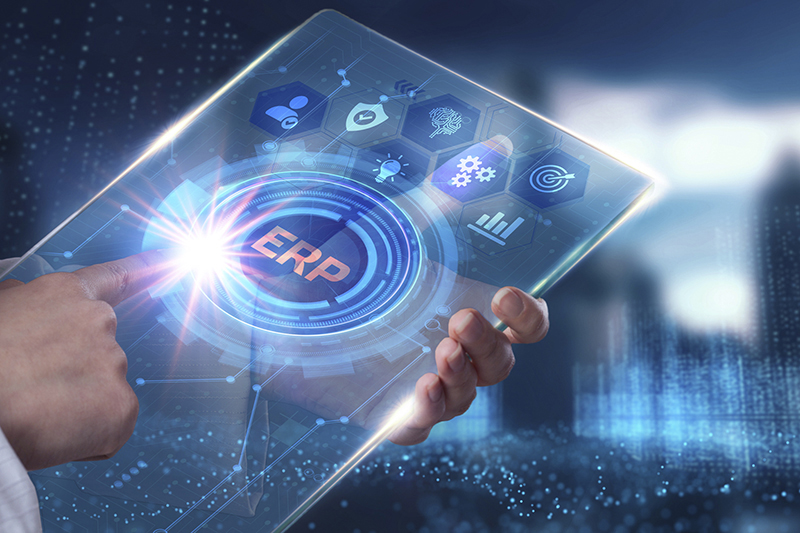AI and ERP Systems: Transforming Enterprise Resource Planning in Singapore
Having been in the most strategic and bustling location of Singapore, the merger of AI agents and ERP systems with the management of enterprise resources planning has changed the way firms run their businesses. In fact, the synergy between artificial intelligence and ERP is reshaping industries, enhancing efficiency, and driving innovation. Moreover, the adoption of these technologies is not just a trend but a necessity for businesses aiming to stay competitive in today’s market.
The formulation and integration of AI with ERP systems is a real business flourish in Singapore. AI agents are being utilized to automate routine tasks, analyze data, and provide insights that were previously unattainable. OpenAI and other GenAI technologies are at the forefront of this amazing transformation, enabling businesses to optimize their operations. With the incredible power of AI, firms are no longer the same as they used to be: they can predict the market trends, streamline processes, and make better decisions. ERP systems with AI capabilities are not only for efficiency but also for a more intelligent, responsive business environment.
Benefits of ERP and MRP Systems
The deployment of ERP and MRP systems entails a number of benefits for the firms. Here are several of the main advantages:
– Effectiveness: The use of ERP systems leads to the automation of the tasks needed to manage plan and enterprise resources effectively.
– Reliability: MRP systems improve the accuracy of inventory management, to make sure the right materials are available at the right time.
– Cost Decrease: Waste of resources, one of the problems being addressed by ERP systems is eliminated considerably.
– Flexibility: More and more ERP systems over time are able to implement additional features addressing newer problem areas.
– Cohesion: ERP is the system that encompasses all business functions and offers a unified view of operations and interdepartmental improvements.
The Role of IoT and Machinery in ERP Systems
IoT and machinery have made a crucial contribution to the success of ERP systems in Singapore. The Internet of Things (IoT) connects machinery and devices, allowing for real-time data collection and analysis. This interlinkage strengthens the capabilities of ERP systems, permitting predictive maintenance and the equipment’s overall effectiveness. Erasing the lines between IoT and ERP, the machinery becomes the producer of information on production processes that would allow the firm to optimize its operations.
Singapore’s Commitment to Innovation
Singapore is the supporter of the vision of innovation in enterprise resources planning. The Economic Development Board (EDG) stands behind projects that promote the acceptance of current technologies such as AI and ERP systems.

Countries like Singapore are applying such technologies as a source to gain a competitive edge, increase productivity and thus drive growth. The concentration on innovation is observable in the resources that the government invests in research and development as well as in its support provided to both startups and fully-fledged established firms.
A cloud-native ERP widely adopted by business in Singapore, Malaysia, Hong Kong and China. With over 6,000 customers in the region, aiM18 gains positive feedbacks from customer across different sectors, from manufacturers, distributors, retailers, service providers to NGOs. The renowned no-code approach saves customer a big sum of customization costs and countless hours of implementation man-days.
About LAIDFU (Let AI Do For You)
An AI builder for enterprise to build their own AI agents.
Proprietary EKP (Enterprise Knowledge Partitioning) technology eases CEO’s concern about trade secret leakage which often occurs in most AI agents / chatbots in the market. EKP removes the hurdle of AI adoption by most companies in using sensitive corporate data.
Powered by no-code approach, deployment of LAIDFU incurs far less developers (and development costs) in comparison with other AI studios.